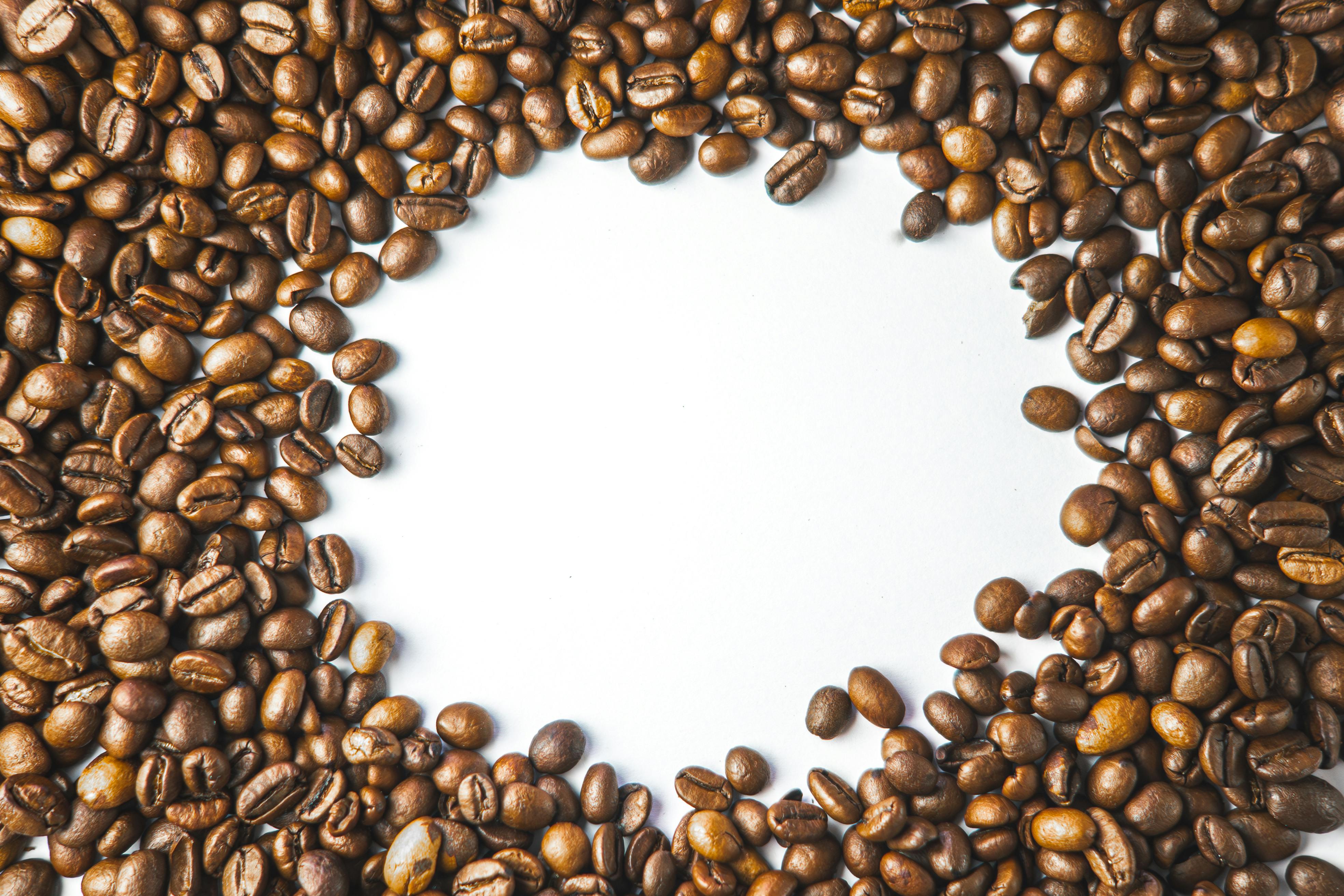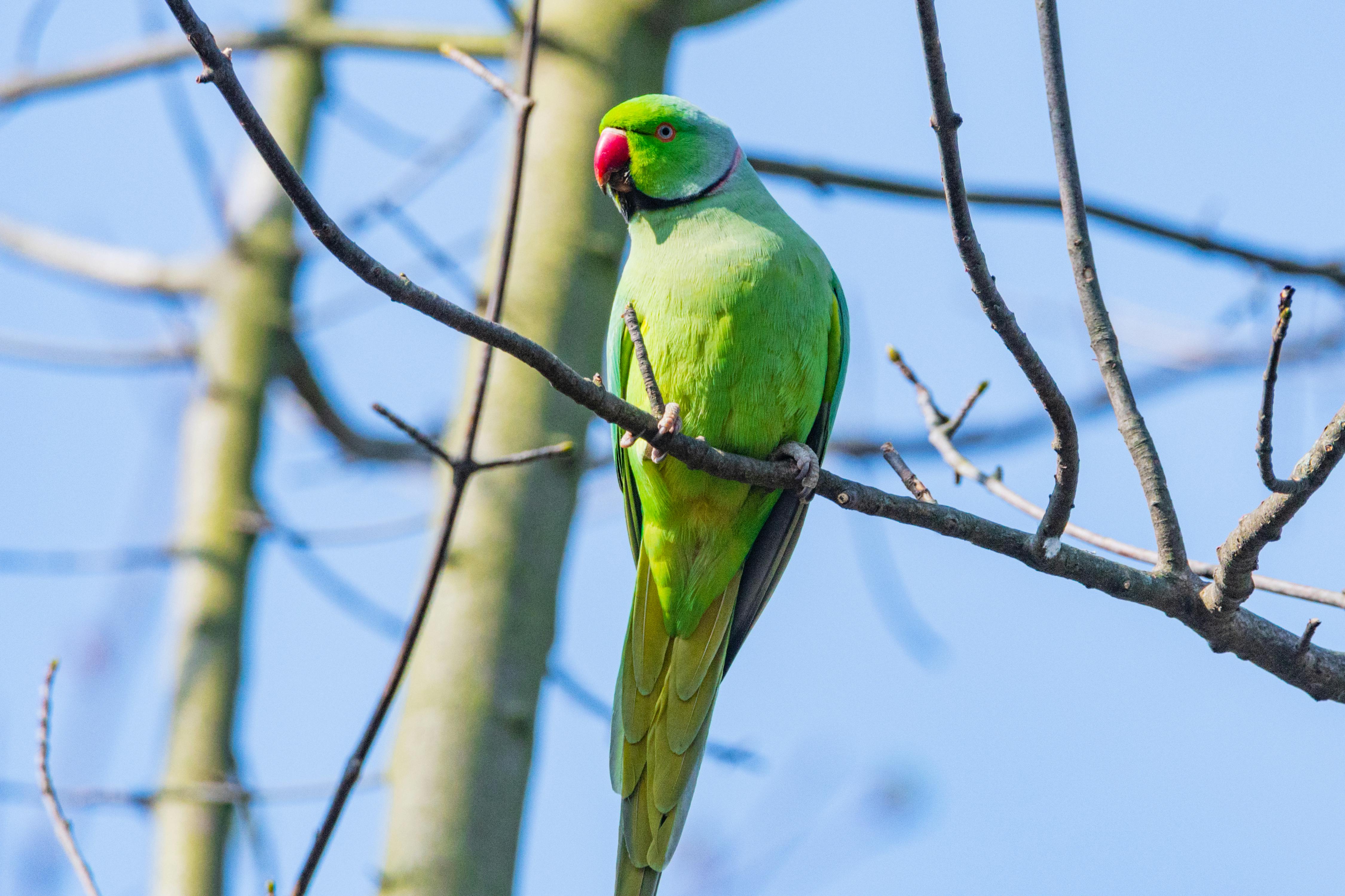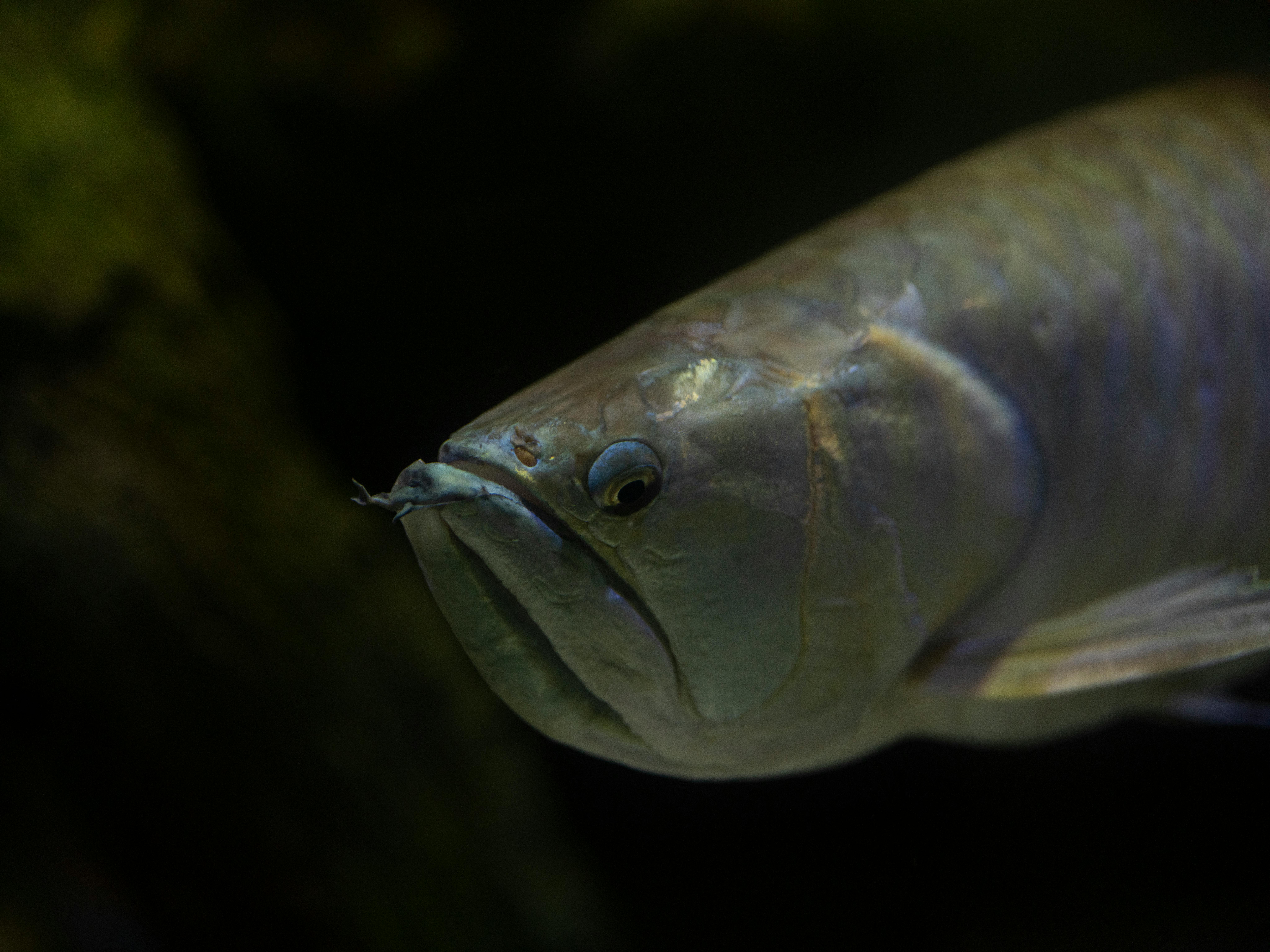Smart Ways to Care for Your Hamster with Banana Treats
Caring for a pet hamster can be a rewarding experience for animal lovers, young and old. With their small size and playful nature, hamsters make excellent companions, especially for children. One way to enhance their happiness and health is through proper nutrition, which includes fun treats like bananas. This article focuses on smart ways to care for your hamster, integrating banana treats into their diet while ensuring a healthy lifestyle. By understanding the nutritional needs of hamsters and how to introduce fruits safely, you can keep your pet happy and thriving.
Hamsters are naturally curious and active creatures, requiring not just appropriate food but also mental stimulation and exercise. Encouraging better hamster care habits—by offering engaging activities and enrichment—is vital to their well-being. Make sure to keep your hamster's environment stimulating and their encounter with treats nutritious. Throughout this guide, you'll learn how to:
- Incorporate bananas safely into their diet
- Design an enriching habitat
- Recognize common health risks related to improper feeding
- Choose toys and activities that promote hamster happiness
- Understand the lifestyle and care requirements for different types of hamsters
Let's dive into the beneficial aspects of banana treats and how they contribute to your pet hamster's overall health!
Understanding Banana Nutrition for Hamsters
Nutritional Benefits of Bananas
Bananas are a popular fruit, not just for humans, but also as a treat for small pets like hamsters. Rich in essential vitamins and minerals, bananas can provide numerous health benefits when offered in moderation. These fruits are high in potassium, which helps in maintaining healthy muscle function and heart health in hamsters. Additionally, bananas contain vitamin C, which is crucial for boosting the immune system and overall health.
Banana Feeding Guidelines
When introducing bananas or any new food to your pet hamster, it's essential to follow certain guidelines to ensure their safety. Start by offering a small piece of banana, observing how your hamster reacts. Too much fruit can lead to digestive issues due to the high sugar content in bananas. As a rule of thumb, a small slice once a week should suffice. Remember, the ripeness of the banana matters; opt for medium-ripe bananas for the best nutritional profile.
Alternatives to Bananas in Hamster Diets
While bananas are delightful treats, variety is key to a healthy diet. If your hamster shows signs of aversion to bananas or if you want to avoid excessive sugar intake, consider other safe fruits such as apples, pears, and blueberries. These fruits add flavor diversity to their meals and contribute to their overall nutritional needs. However, as with bananas, introduce these fruits gradually into their diet to gauge their reactions.
Daily Care Routines for Hamsters
Creating a Clean and Comfortable Habitat
Proper hamster care begins with a clean and inviting habitat. A spacious cage with appropriate bedding, such as aspen or paper-based products, helps maintain cleanliness while providing comfort for your pet. Regular cleaning routines should ensure no waste accumulates—as this can lead to odors and health issues. Aim to clean the cage weekly, adjourning it with fresh bedding and removing any leftover food, including remnants of banana treats.
Exercise and Enrichment Activities
Exercise is vital for maintaining your hamster's physical health and preventing boredom. Incorporating fun hamster toys, tunnels, and exercise wheels into their habitat encourages play and activity. Consider making a simple obstacle course with household items, allowing your hamster to explore and engage their senses. Regular interaction with their toys and safe climbing structures enhances their enjoyment, leading to a happier hamster!
Bonding Through Thoughtful Care
Bonding with your hamster is an essential part of pet ownership. Spend time each day interacting with your pet, whether through gentle handling, allowing them to explore your hands, or using treats like bananas to encourage closeness. Understanding your pet's behaviors will improve your relationship and help you recognize signs of stress or discomfort. Providing a safe space and ensuring they feel secure will foster a strong bond between you and your hamster.
Feeding and Treating Your Hamster Safely
Proper Feeding Schedule
Establishing a reliable feeding schedule is crucial for your hamster's health. Feed your hamster high-quality commercial hamster food daily, supplemented with small portions of fresh fruits and vegetables. Make sure to monitor their portion sizes closely to prevent obesity, which is a common concern among pet hamsters. Follow a consistent feeding routine for the best results.
Common Mistakes in Hamster Feeding
When it comes to hamster feeding, owners often make mistakes. One common error is offering excessive amounts of treats, which can lead to dietary imbalances. Additionally, failing to introduce new foods gradually can cause digestive distress. Stay informed about hamster nutritional needs, being cautious about toxic foods such as citrus fruits and high-fat items like nuts.
Signs of Hamster Happiness
A happy hamster will exhibit playful and curious behavior. Signs of contentment include exploring their environment, playing with toys, and showing eagerness during interactions, especially when treats like bananas are introduced! Monitor their activity and overall enthusiasm to ensure they're living a fulfilled life.
Essential Tips for Hamster Health
Monitoring Hamster Health Regularly
Regular health monitoring is crucial to catching any potential issues early. Watch for changes in appetite, behavior, and physical appearance. Common health concerns include dental problems and respiratory infections, which can be easily treated if identified in time. Understanding the typical behaviors of your specific hamster breed will help distinguish between expected behavior and signs of illness.
Preventing Common Hamster Diseases
To prevent diseases, ensure your hamster is kept in a clean environment, and provide a balanced diet. Avoid overfeeding fruits and monitor their interactions to prevent stress-induced issues. If you notice anything unusual, consult a veterinarian experienced in treating small pets.
Choosing the Right Veterinary Care
Selecting a veterinarian who understands small animals is essential. Regular check-ups increase your chances of ensuring your hamster remains healthy and can lead to a longer lifespan. Furthermore, knowledgeable vets can provide you with resources specific to your hamster's needs, including proper diet recommendations and tips on maintaining their environment.
The Importance of Enrichment and Bonding
Providing Effective Hamster Playtime
Hamsters love to explore! Create a stimulating environment filled with toys, tunnels, and safe climbing options. Rotate their toys regularly to keep their playtime engaging. Nuts and fruits like bananas can also serve as fun foraging opportunities—place small pieces in hidden areas of their cage to stimulate their natural instincts.
Benefits of Socialization for Hamsters
Socializing your hamster enhances their ability to interact with you and the environment. Spend time with them outside the cage, allowing them to explore safely in a secure space. Using treats like banana slices can help forge a positive connection during these bonding moments.
Cultivating a Positive Relationship
Creating a nurturing environment allows for emotional bonding between you and your hamster. Make sure to talk to your pet, observing their responses. Understanding your hamster's reactions will allow you to tailor interactions that fit their personality, whether they are shy or active. Aim for continual interaction, especially during feeding times, to foster a lasting relationship.
Q&A Section: Addressing Common Hamster Care Questions
Can hamsters eat bananas every day?
While bananas are a tasty treat, they should only be given in moderation—once a week is ideal. A balanced diet should primarily consist of high-quality hamster pellets and occasional fresh fruits as treats.
What are the signs of banana allergies in hamsters?
Look for symptoms like lethargy, diarrhea, or unusual behaviors after banana consumption. If you notice these signs, discontinue feeding bananas and consult a veterinarian.
What are some fun ways to bond with my hamster?
Use treats during playtime, create obstacle courses, and gently handle them. Consistently engaging with your hamster through various activities enhances your bond.
How can I choose the right hamster breed for my family?
Consider your lifestyle and the hamster’s temperament. Dwarf hamsters are smaller and require less space, while Syrian hamsters are larger and prefer solitary living. Researching each breed's needs will help you make an informed decision.
What types of food should I avoid giving to my hamster?
Avoid feeding sugary or fatty foods, such as chocolate, avocados, and citrus fruits, as they can cause health issues. Stick to hamster-specific food and safe fruits like apples and blueberries in addition to bananas.


